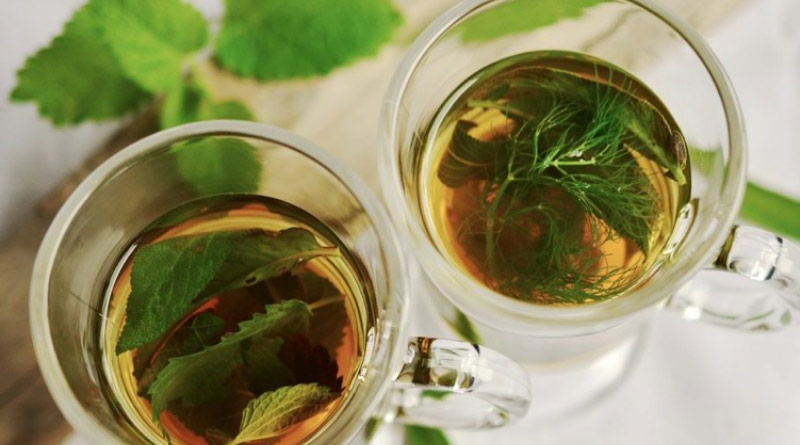Lower Intake of Flavours Linked to Age-Related Memory Loss, Suggests New Study
People who consume fewer plant-based chemical substances, called flavanols, as part of their diet may be more likely to experience age-related memory decline, suggests a new study.
Researchers in the US and at the University of Reading, UK, investigated whether a balanced diet including plenty of foods rich in flavanols could help to protect against poorer memory and thinking abilities. They studied over 3,500 US adults with an average age of 71 years. The participants were part of a larger, ongoing study of more than 21,000 adults looking into the health benefits of flavanols from cocoa.
In this study, the researchers assessed the participants’ memory and thinking skills, quality of diet and levels of a flavanol indicator, called a biomarker, in their urine. They then gave half the participants a 500 mg cocoa flavanol supplement and the other half a ‘dummy’ supplement. After three years of taking either the supplement or placebo, the researchers compared the participants’ memory and thinking to their scores at the start of the study.
They found that the flavanol supplement boosted memory test scores for the participants with the lowest-quality diet and lowest amounts of urine biomarker at the start of the study. Data from the study also indicate that these participants with the poorest diet had lower scores on memory tests to begin with, but that these significantly increased after taking the flavanol supplement.
People with already high scores on diet assessment performed better on memory and thinking tests at the start of the study and there was no difference in their performance after taking the 500 mg flavanol supplement.
Dr Rosa Sancho, Head of Research at Alzheimer’s Research UK, said:
“This study explored whether boosting levels of certain plant-based substances in our diet could help protect against age-related memory and thinking decline. After three years, it found a small improvement in memory test scores among participants who originally had lower dietary levels of flavanols, a result that will need to be followed up in further studies to confirm whether replenishing flavanol intake can boost memory for these people.
“It’s far from clear whether boosting dietary flavanol levels might also reduce the risk of progressive conditions like dementia, and the study wasn’t set up to answer this question. Dementia is caused by complex diseases, like Alzheimer’s, which are separate from age-related memory decline, and seem to develop through very different biological mechanisms. More research will be needed to understand whether the effects seen in this study have any impact on long-term risk of dementia.”
“People should be able to get enough flavanols from a balanced diet that includes a variety of fruit and vegetables. While we do not yet know for sure whether flavanols specifically influence risk of conditions like dementia, we do know that things like staying mentally sharp, keeping socially connected, and keeping our heart healthy – including by eating a balanced diet – are important for looking after our long-term brain health.”






